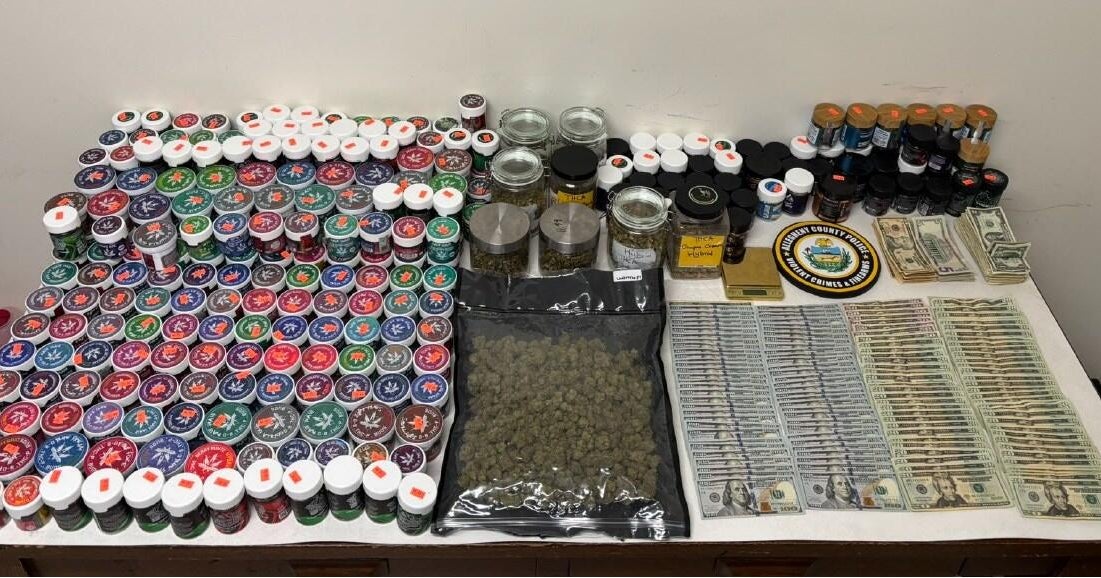FDA cracks down on bogus marijuana "cures" for cancer
The U.S. Food and Drug Administration issued a warning this week to four companies illegally selling marijuana products online that promise to prevent, diagnose, treat, or cure cancer without evidence to support these claims.
The agency said in a statement that it has grown increasingly concerned about the growing number of products being marketed as treatments for serious diseases like cancer. In this case, the illegally sold products tout cannabidiol (CBD), a compound in the marijuana plant.
While cannabidiol is being tested by medical researchers as a possible treatment for epilepsy, it has not been approved by the FDA for use in any drug product.
"Substances that contain components of marijuana will be treated like any other products that make unproven claims to shrink cancer tumors. We don't let companies market products that deliberately prey on sick people with baseless claims that their substance can shrink or cure cancer and we're not going to look the other way on enforcing these principles when it comes to marijuana-containing products," FDA Commissioner Scott Gottlieb, M.D., said in a statement.
CBD is sold in a variety of products, including oil drops, capsules, syrups, teas, and topical lotions and creams.
The agency issued warning letters to Greenroads Health, Natural Alchemist, That's Natural! Marketing and Consulting, and Stanley Brothers Social Enterprises LLC, citing unsubstantiated claims involving more than 25 different products sold through online stores and social media sites.
Examples of some of the bogus claims include:
- "Combats tumor and cancer cells."
- "CBD makes cancer cells commit 'suicide' without killing other cells."
- "CBD … [has] anti-proliferative properties that inhibit cell division and growth in certain types of cancer, not allowing the tumor to grow."
- "Non-psychoactive cannabinoids like CBD (cannabidiol) may be effective in treating tumors from cancer -- including breast cancer."
Some of the products were also marketed as alternative treatments for Alzheimer's and other serious diseases -- also without proof.
The FDA warns that deceptive marketing of such unproven treatments may steer some people away from appropriate, recognized therapies to treat serious and fatal diseases that could save lives.
Unlike FDA-approved drugs, these products have not been subject to FDA review of whether the concoctions work, what the proper dosage is, how they could interact with other drugs, or whether they have dangerous side effects or other safety concerns.
The agency has requested responses from the companies that would address how the violations will be corrected. Failure to do so could result in legal action, including product seizure and injunction.
"We have an obligation to provide caregivers and patients with the confidence that drugs making cancer treatment claims have been carefully evaluated for safety, efficacy, and quality, and are monitored by the FDA once they're on the market," Gottlieb said.
"We recognize that there's interest in developing therapies from marijuana and its components, but the safest way for this to occur is through the drug approval process – not through unsubstantiated claims made on a website," he added. "We support sound, scientifically-based research using components derived from marijuana, and we'll continue to work with product developers who are interested in bringing safe, effective, and quality products to market."
The FDA encourages both health care providers and consumers to report adverse reactions associated with these or similar products to the agency's MedWatch program.





